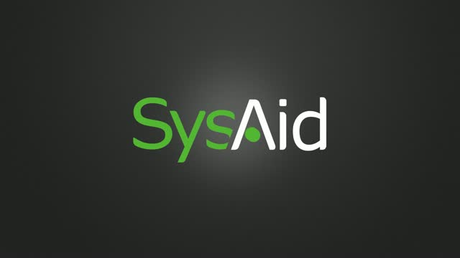SysAid On-Premise
SysAid – an Award-Winning IT Service Management (ITSM) Solution
All the help desk, ITSM, and asset management essentials you need in a single solution
SysAid is a single ITSM, asset management, and IT management solution built to help you deal with the day-to-day IT challenges you face. It really is help desk, service desk, ITSM, asset management, and wider IT management capabilities in one solution – with the ability to manage all of your IT tasks within a single workspace.

SysAid includes:
Simple Ticket Management
Automate your help desk/service desk processes, from logging incidents through to resolution. Plus benefit from SysAid Password Services, SysAid Remote Control, and SysAid Mobile App.
Help with ITIL Adoption
SysAid offers ITIL best practice process support for incident, request, problem, change, and service level management, plus a CMDB.
An Employee or Customer Self-Service Portal
Allow end users to submit tickets, chat, track their incident or service request history, and use the integrated knowledge base.
Asset Management
Gain control over your IT assets. Discover and track hardware, software, and mobile assets. Leverage an integrated asset inventory and service history.
IT Management Capabilities
Such as monitoring, mobile device management (MDM), and patch management.
Analytics
Get the granular insight you need, through dashboards and reports, to understand and communicate IT performance, and to make better IT and business decisions.
Automation
Automate all your help desk/service desk processes using routing rules, priorities, and dynamic forms to save time and money.
Flexibility
Configure and customize SysAid to meet your organization’s specific needs and requirements.
SysAid On-Premise (Download):
With SysAid On-Premise you install the software on local servers. It keeps your data local, and you are responsible for managing the application and data.
- Install SysAid in minutes using an easy installation wizard
- A built-in database is included; SysAid also supports Microsoft SQL, MySQL, and Oracle
- There’s multi-platform support

